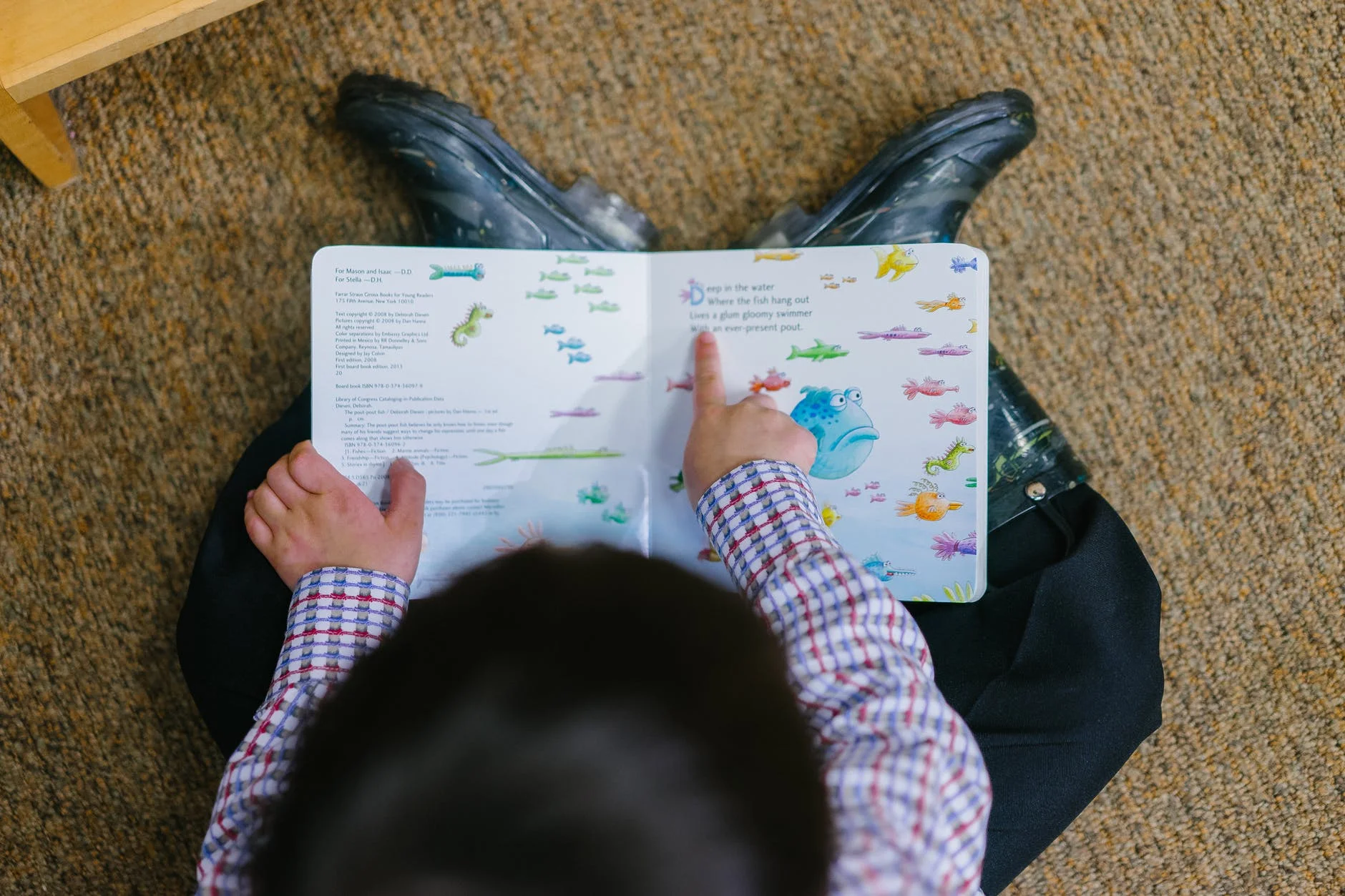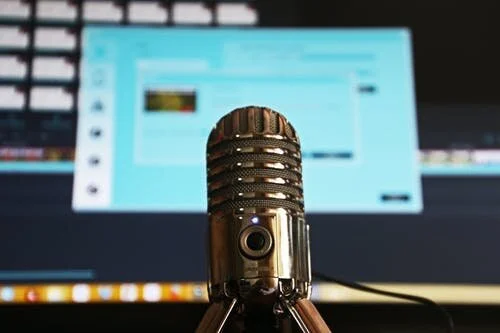Why Closing Teachers Are The Most Unsung Staff At Early Childhood Education Centers
The Early Childhood Center where I worked was open from 7:30am-6pm. These are typical hours and like many programs, we staggered the teacher schedules. In my time in the classroom, I worked about 8 years doing opening hours from 7:15am-3:45pm and about 8 years working closing hours from 10am-6:15pm. In my experience, the closing hours were much more challenging and stressful. I am willing to bet they are for most teachers as well.
In early childhood education centers, teachers play a pivotal role in shaping young minds and providing an environment where children can grow, learn, and develop. Among these unsung heroes, closing teachers deserve special recognition for their unique and often challenging responsibilities. The last few hours of a program can be the most demanding, as they are tasked with managing exhausted or cranky children while addressing a myriad of other issues that may arise during this critical period.
Parents picking up their children at the end of the day can present numerous challenges for closing teachers. Some children test boundaries when their parents or caregivers first arrive, while others may refuse to leave the premises. There are also those who incessantly ask when their parents will arrive. This can put a tremendous amount of pressure on teachers who are already managing a classroom full of children.
Moreover, children who remain at the center longer than their peers might feel stressed or lonely, which can lead to further behavioral issues. In order to maintain proper student-teacher ratios, classrooms with different age groups may need to be combined. This not only requires additional supervision but also the skill to adapt to the diverse needs of each child.
Closing teachers often find themselves in the challenging position of sharing difficult news with parents or answering numerous questions about their child's day – all while continuing to supervise the remaining children. Additionally, when parents are late to pick up their children, it can leave the closing teacher alone with one or two students, unsure of when they will be able to end their work day. (For example, I remember many situations like not being able to use movie tickets I bought for a 7pm showing because a parents got stuck in Boston traffic or parents thought the other parent was picking up that day) Enforcing late pick-up policies, such as extra fees, can also lead to awkward situations between teachers and parents.
Furthermore, if other staff members have left a mess in the classroom or kitchen, it often falls upon the closing teacher to clean up. This can add to their already heavy workload, leaving them with little time to relax or decompress after a long day.
One of the most crucial responsibilities of a closing teacher is ensuring that every last child has left the premises before they go home. This means meticulously checking every room and the attendance multiple times to guarantee that no child is accidentally left behind.
Despite these immense challenges, closing teachers are often paid less than the lead teachers who open the classroom. This pay disparity fails to acknowledge the unique skills, patience, and dedication required to successfully manage the end-of-day challenges faced by closing teachers.
Closing teachers deserve recognition and appreciation for their vital contributions to early childhood education centers. Their hard work and dedication help create a safe and nurturing environment for children to learn and grow, even during the most challenging moments of the day. It is crucial that we support and acknowledge the indispensable role they play in shaping the future of our children.





